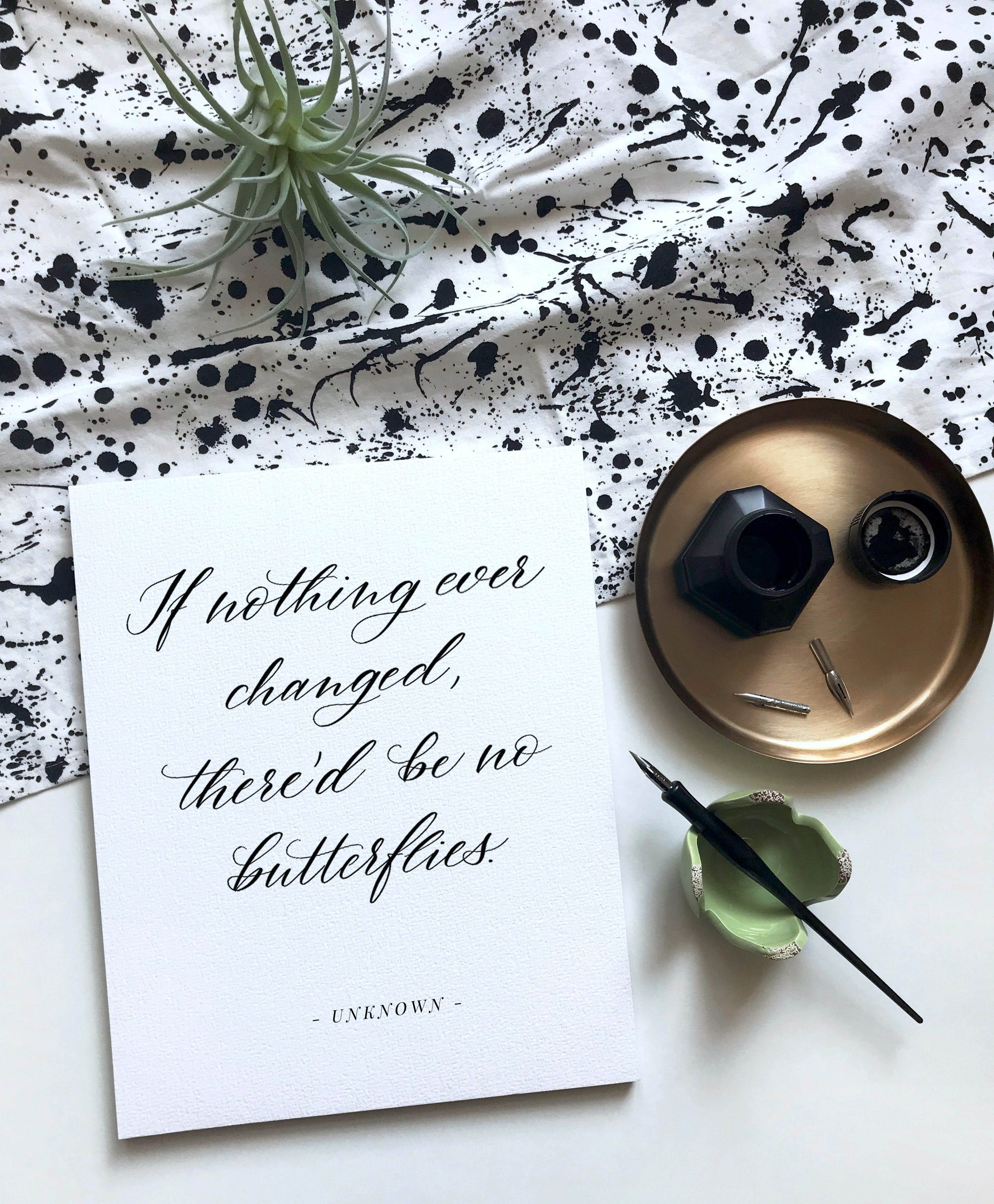Self Compassion:
“Love your darkness and you shall know
your light.”
“It is not depression or anxiety that truly hurts us. It is our active resistance against these states of mind and body. If you wake up with low energy, hopeless thoughts, and a lack of motivation – that is a signal from you to you.
That is a sure sign that something in your mind or in your life is making you sick, and you must attend to that signal.
But what do most people do? They hate their depressed feelings. They think “Why me?” They push them down. They take a pill. And so, the feelings return again and again, knocking at your door with a message while you turn up all the noise in your cave, refusing to hear the knocks. Madness.
Open the door. Invite in depression. Invite anxiety. Invite self-hatred. Invite shame. Hear their message. Give them a hug. Accept their tirades as exaggerated mistruths typical of any upset person. Love your darkness and you shall know your light.” — Vironika Tugaleva from The Art of Talking to Yourself.
The Transformative Effects of Mindful Self-Compassion
In their excerpted piece, The Transformative Effects of Mindful Self-Compassion, Kristin Neff and Christopher Germer, put light upon research that shows individuals who are more self-compassionate tend to have greater happiness, life satisfaction and motivation, better relationships and physical health, and less anxiety and depression. Mindful self-compassion gives us the resilience to cope with stressful life events such as divorce, health crises, and combat trauma.
Neff says, “When we are mindful of our struggles, and respond to ourselves with compassion, kindness, and support in times of difficulty, things start to change.“

Self-compassion Can be Painful
According to Rami Nijjar, from her Resilience Psychology blog, “People struggle to practice self-compassion because it can force us to confront memories and events that are painful. Self-compassion is all about how we relate to ourselves and how we relate to others. When we practice self-compassion, it reminds us of the times when we weren’t compassionate to ourselves or reminds us of when others aren’t compassionate to us.”
This can be especially difficult, says Nijjar, for people who grew up in households where their parents didn’t practice compassion, either to themselves or the people around them. “As humans, we learn about ourselves through relationships. If we’re in families where our parents were struggling to cope, whether that’s through mental illness, addiction, or marginalization, they can project their fears and insecurities to those closest to them.”
According to Nijjar, as a child, you tend to internalize the level of stress and negativity—or positivity—that comes from those around you. “If you come from an environment where your parents are struggling with self-compassion, you’re more likely to have negative beliefs around your self-worth. When you start practicing self-compassion, you can really come face to face with those aspects of your experience.”
Tea and Oranges by Elizabeth Genovise
We are reviewing the short story Tea and Oranges by Elizabeth Genovise from her collection Where There Are Two or More Stories. It’s about a woman who left her husband and son and moved away from Covington, Virginia to a small town in Tennessee. She has become consumed with regret regarding the divorce and the son she left behind.
Forty years later, she discovers that her grandson is working in the Kroger grocery store in her town. Realizing she still has a chance to make things right, at least with her grandson, she finds out all she can about the boy. She learns he wants to attend the University of Tennessee and he is working two jobs to pay for his education and is concerned he doesn’t have enough money to graduate. His father, her son, will not help the boy because he does not respect his career path to study literature.
At age seventy something, she gives away her life savings to her grandson leaving herself nothing. How will she care for herself without savings?
The narrator sums things up like this, “I never saw her at the Kroger again, or anywhere else for that matter. I don’t know what became of her or how she survived, having given everything she had left to a grandchild who may or may not have one day accepted her gift. But perhaps she already had survived all she wanted to, because her face, when we said goodbye, had softened, gone halcyon with a peace I had never seen before except in a summer sky or the blue depths of a mountain lake.”
Sometimes Life Is Hard. Can You Be Kind to Yourself?
Kristin Neff concludes, “When we fully accept the reality that we are imperfect human beings, prone to make mistakes and struggle, our hearts naturally begin to soften. We still feel pain, but we also feel the love holding the pain, and it’s more bearable.”
“Whenever you find yourself using self-compassion to try to make the pain go away or to become a “better person,” try shifting your focus away from this subtle form of resistance and practice compassion simply because we’re all imperfect human beings, living imperfect lives.” Life is hard. . . practice being a “compassionate mess.” 🙂